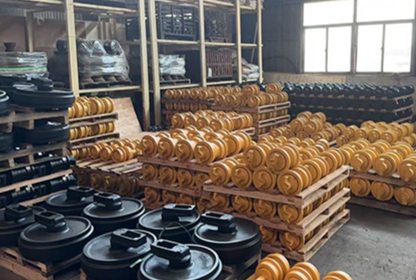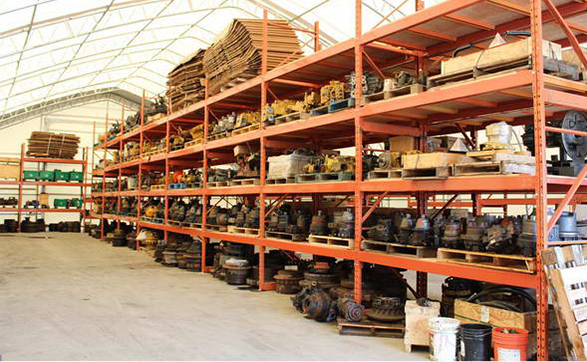The Strategic Significance of Hydraulic Systems: The "Heart" of Excavators
- apiuser
- 2025-09-22
- 132
The hydraulic system is analogous to the "heart" of an excavator, responsible for converting mechanical energy into hydraulic energy and then transmitting it to various operating mechanisms, such as the boom, arm, and bucket. Its performance directly affects multiple critical indicators of the excavator. High-precision hydraulic systems enable the excavator to complete delicate operations, such as accurately placing materials in narrow spaces or performing fine excavation in infrastructure projects like tunnel construction. Energy efficiency is another key dimension; with the global focus on carbon reduction and energy conservation, hydraulic systems with low energy loss can significantly reduce fuel consumption, lowering operating costs for users while meeting environmental protection requirements. Additionally, reliability determines the excavator's service life and maintenance frequency—stable hydraulic systems minimize downtime on construction sites, which is crucial for ensuring project progress.
In the early stages of China's excavator industry development, the dependence on imported hydraulic systems posed severe constraints. International giants, such as Bosch Rexroth and Kawasaki Heavy Industries, dominated the high-end hydraulic component market, controlling core technologies and setting high prices. This not only increased the production costs of Chinese excavators but also limited their ability to customize and upgrade products according to market demands. Moreover, in the event of supply chain disruptions or technological blockades, Chinese excavator manufacturers faced the risk of production halts. Therefore, achieving independent innovation in hydraulic systems became a strategic priority for China's construction machinery industry to enhance global competitiveness.
Give Us What You Need
Ready to learn more? Fill out the form and a member of our dedicated team will reach out to you promptly!
We will contact you within 24 hours after receiving the information
SUBSCRIBE
INQUIRY


